
Business & Economics
Parents of school-age kids during COVID-19? Yes, you’re stressed
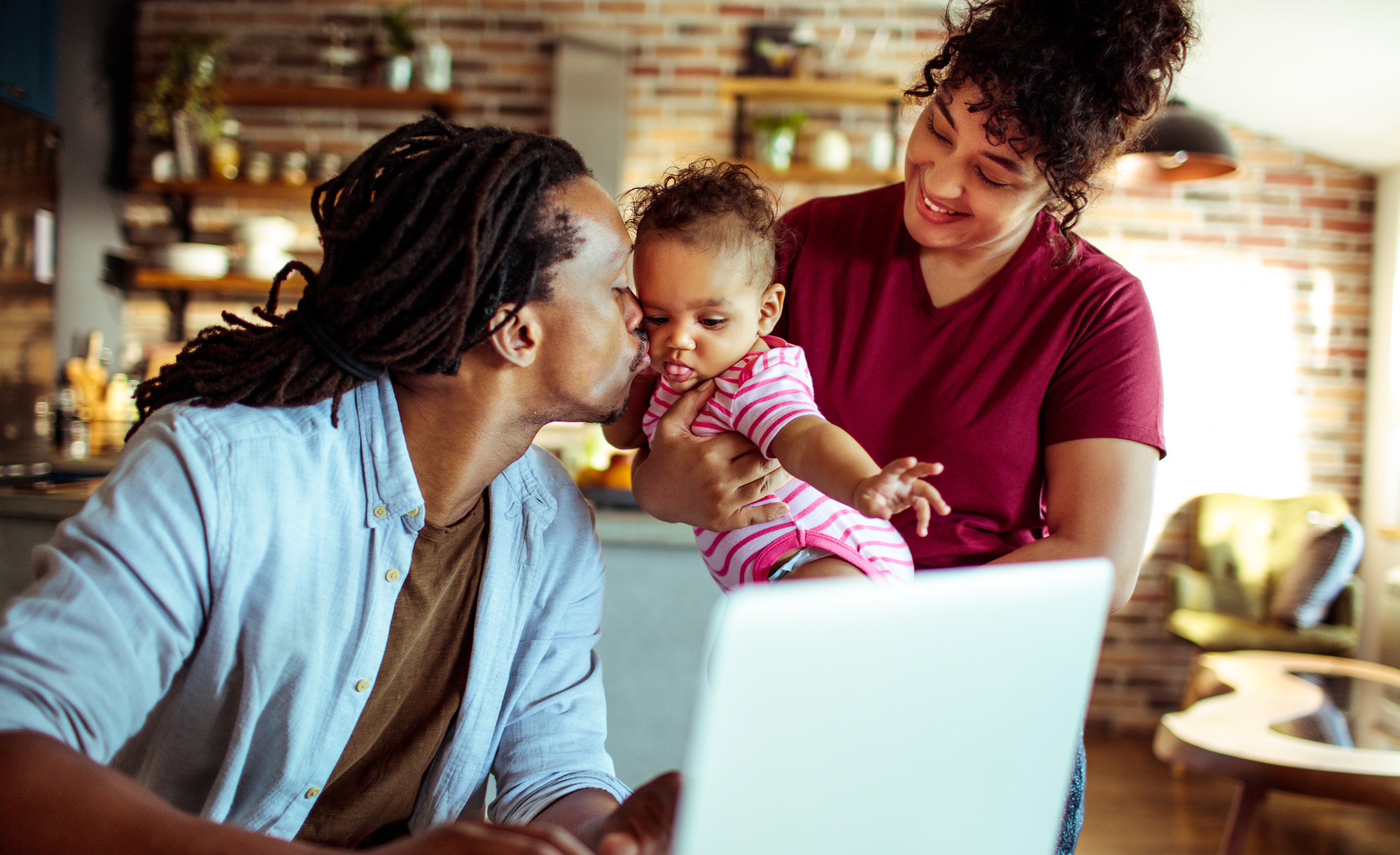
As a result of COVID-19 restrictions, 2020 was a challenging year for many parents – but did being at home with kids affect their levels of life satisfaction?
Published 6 June 2021
Being a parent is never an easy gig, but during the pandemic lockdowns, parenting was made even more difficult.
Many parents were cut off from family and friends, unable to make or keep plans, had no one to share the load while trying to work-from-home, keeping toddlers entertained and generally learning to cope.
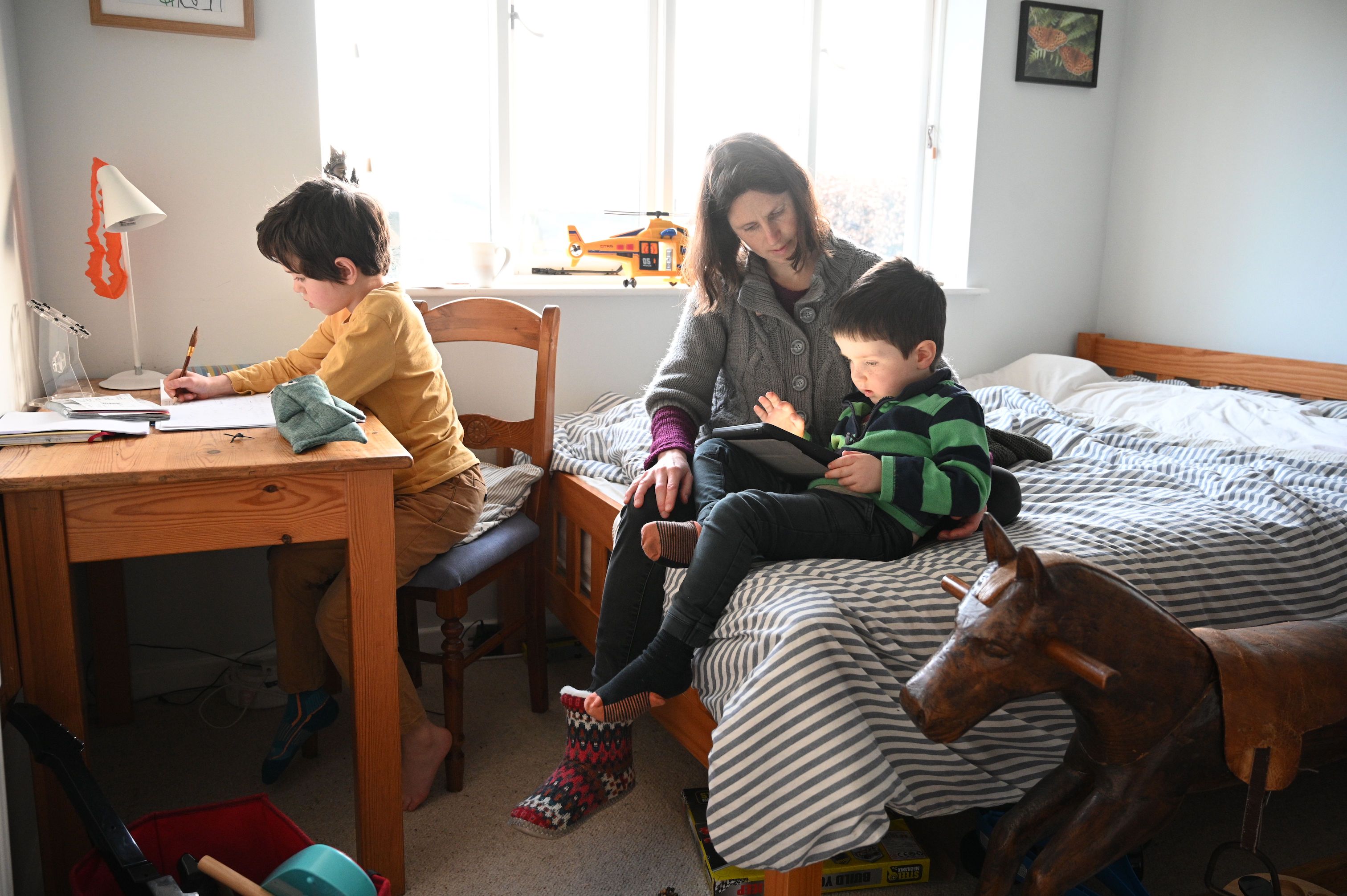
It made 2020 a challenging year for parents of children of all ages, but particularly first-time parents and those with young school-age children.
So, how did being a parent during lockdown affect their levels of life satisfaction?
My research, published in the Life Satisfaction during the 2020 Pandemic in Australia report, examines levels of satisfaction during the unprecedented COVID-19 lockdowns in 2020.

Business & Economics
Parents of school-age kids during COVID-19? Yes, you’re stressed
The data was collected from one group of participants of the Life Patterns Program aged in their early 30s. Almost 500 participants completed the annual survey between April and May, during the national lockdown, and 40 participants were interviewed between October and November, when people in Melbourne were hoping to emerge from the harsher second lockdown.
Overall in 2020, parents were just as satisfied as non-parents.
This contrasts with results from 2019 when parents reported lower levels of life satisfaction than non-parents. So, it would seem that parents and non-parents were similarly affected during the initial stages of the pandemic.
Perhaps the extra work of caring for children while working from home was offset by the time saved by not commuting to work or dropping off and picking up children.
During much of last year, the pandemic restrictions limited the ability of most parents to spend time with their extended families and friends. It also constrained their ability to develop social networks and to engage with other parents and health professionals.
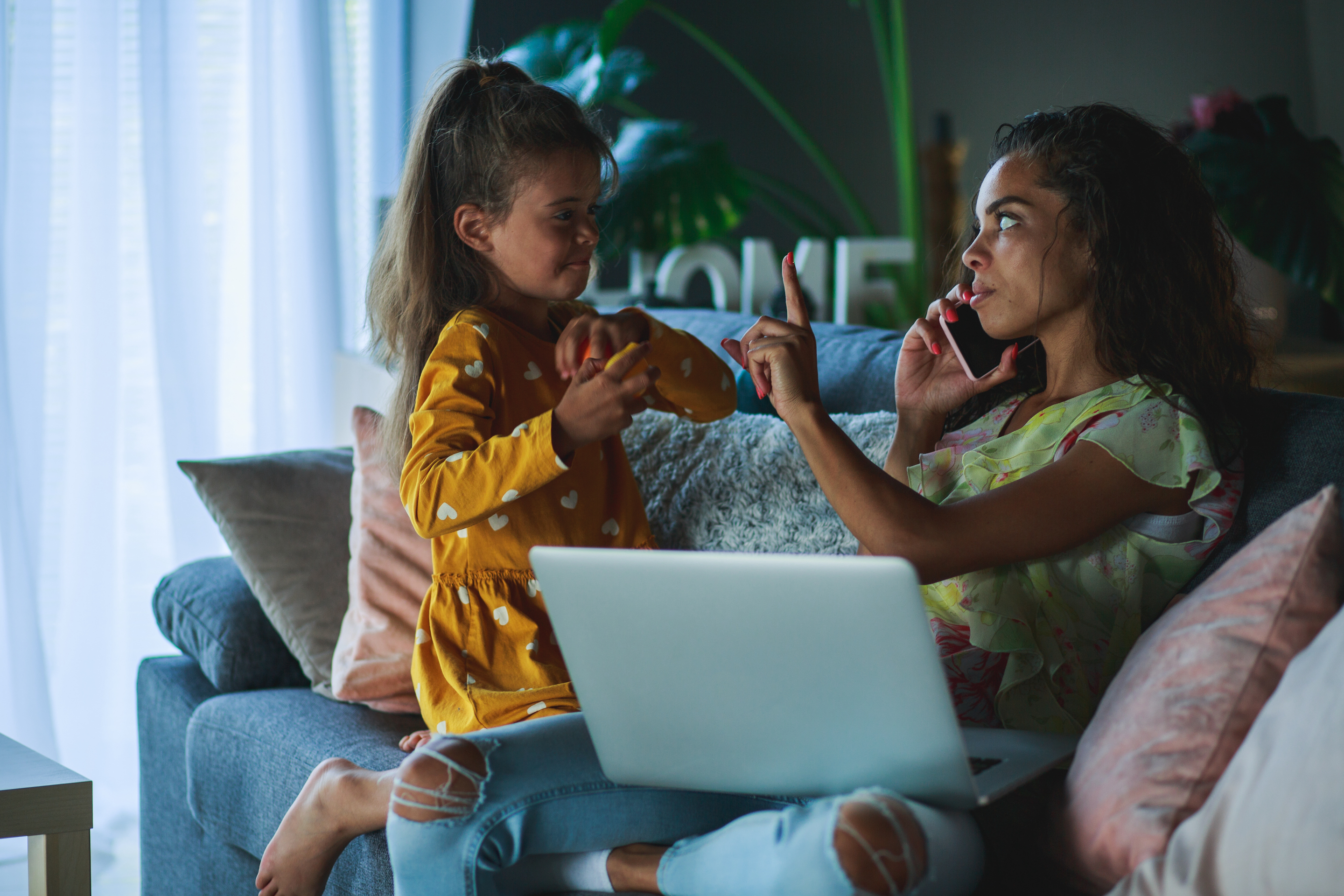
Schools, childcare centres and creches were closed and children had to stay at home with their parents, many of whom were also trying to work-from-home.
My research shows that levels of life satisfaction varied according to age of the youngest child. Parents with a baby aged less than one year old reported the highest levels of life satisfaction, while those with a youngest child aged four years old reported the lowest levels of life satisfaction.
Interestingly, parents with a youngest child aged five years or older reported higher levels of life satisfaction than their peers with a youngest child aged four years. This may be because school-aged children were able, in most cases, to stay connected with their classmates and teachers through virtual classrooms.

Politics & Society
What are 21st century parents concerned about?
However, parents with toddlers and pre-schoolers were largely left to fend for themselves, juggling their work commitments while also trying to entertain and care for their children.
“I set up activities in the backyard, but it was always raining so we were cooped up inside trying to think of activities for inside…The kids didn’t respond very well. Their behaviour wasn’t very good because they realised that they couldn’t leave the house, I couldn’t break up the day” – mother with a four-year old boy and two-year old twins living in regional Victoria.
Welcoming a first child is typically a period of immense joy and celebration for the parents, grandparents and other relatives. The excitement of sharing the joy with as many people as possible often sustains parents through the many months of sleepless nights and the stress associated with parenting.
But not always.
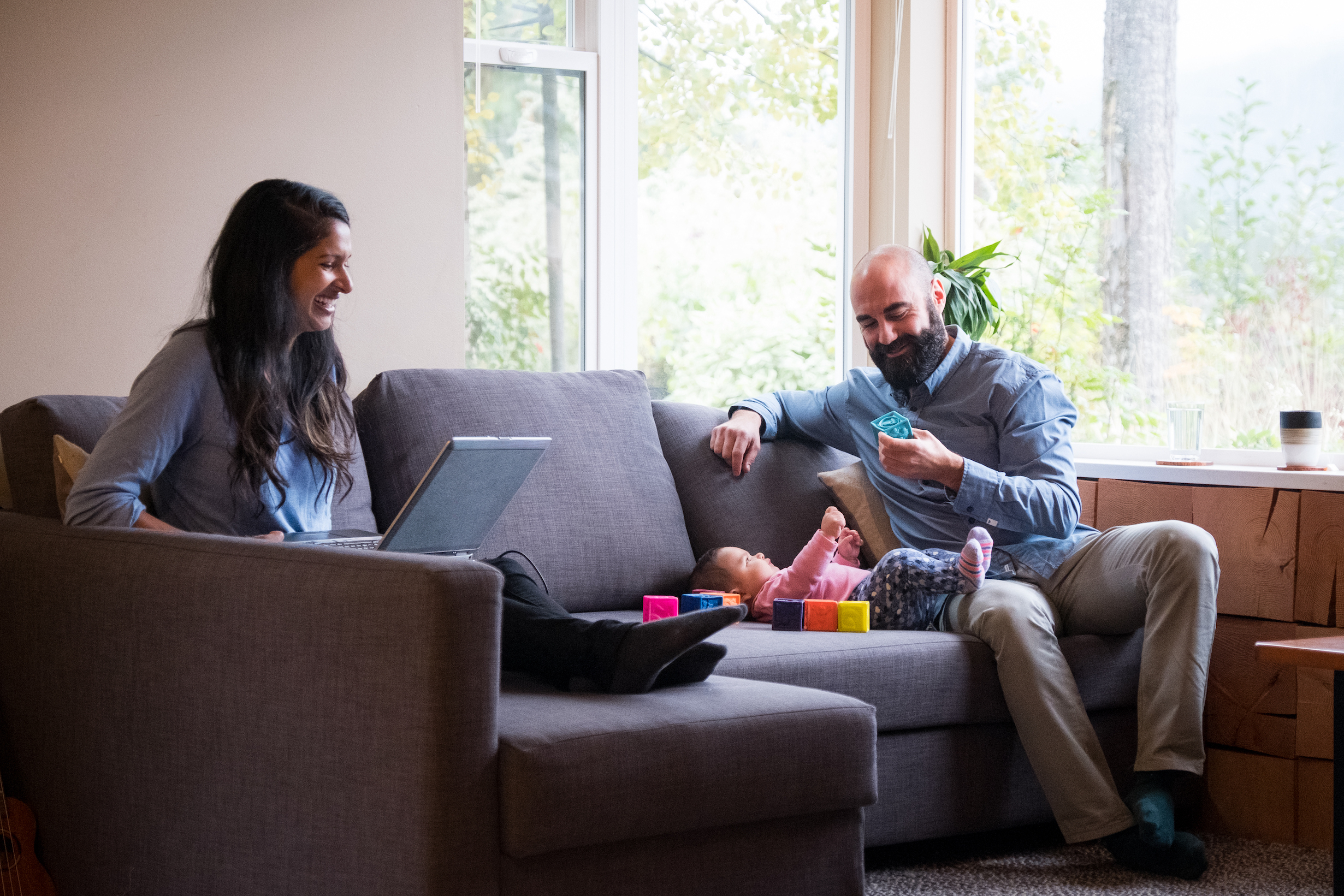
“No siblings were allowed and they considered his twin brother as a sibling so he wasn’t allowed to come into special care with us, so we’d have to leave him down on the ward with the midwives so that we could go and visit his brother in the special care nursery” – First-time mother of twin boys born in March 2020, with one in intensive care.
As the pandemic unfolded, new parents experienced isolation from family and friends, had restricted access to social supports such as parenting groups and were often trying to do their paid job at home during the chaotic first few months of parenthood.

Business & Economics
Separated parents getting better at shared care?
During the interviews, parents talked about how the pandemic had changed their priorities:
“We are moving back to our family… being in lockdown for so long, being away from people… we just wanted to be closer to them from now on” – father with an 18-month-old boy living in regional Tasmania.
“I think one thing I know I’m going to do is not to say no to things…I haven’t seen anyone in four months now” – mother of baby girl born in August 2020 living in Melbourne.
“At the beginning with him, it was just us and the midwife, the only people who ever had even touched him, no physical contact with anyone else” – mother of baby boy born April 2020 living in Adelaide.
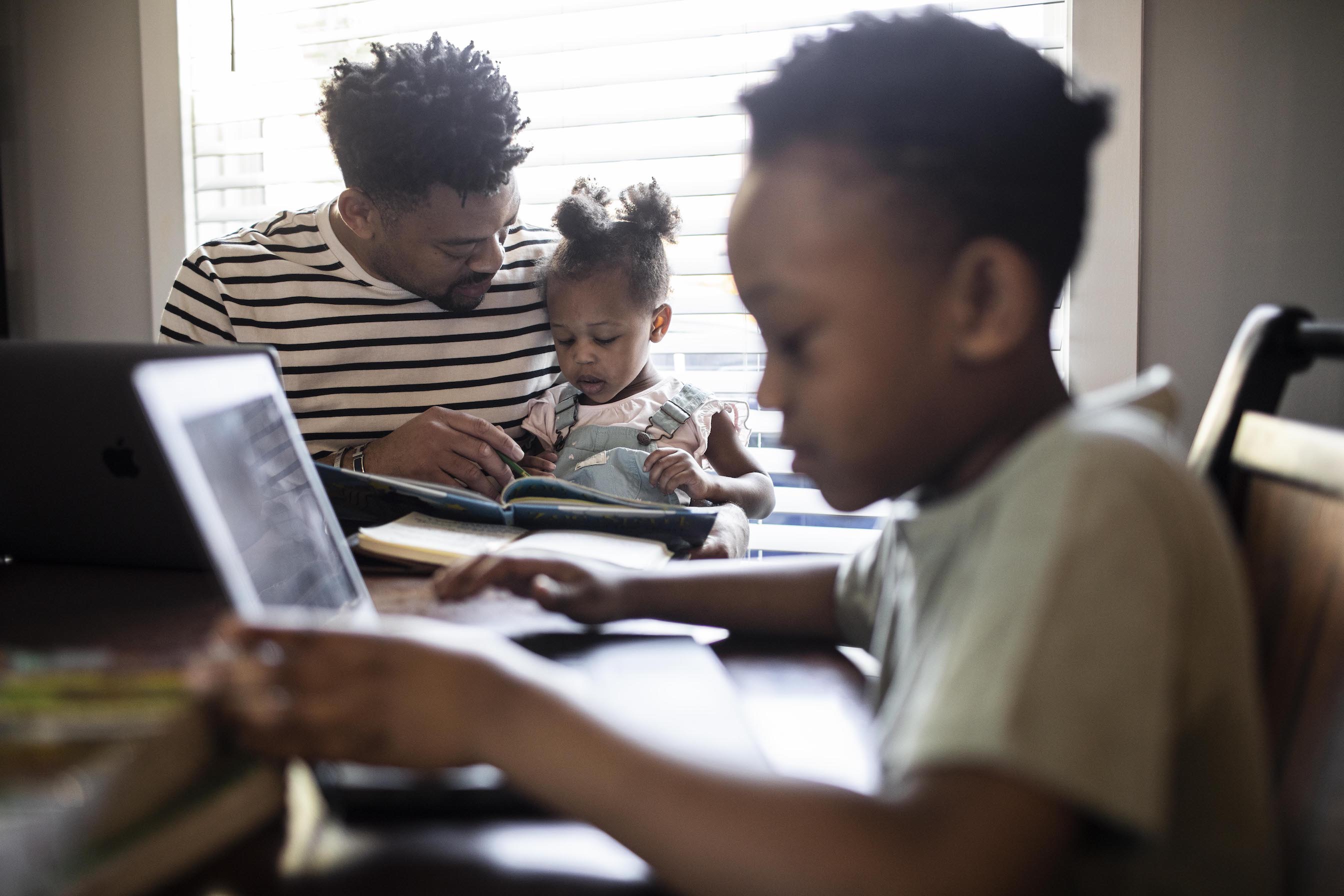
On a more positive note, some parents commented on being able to spend more time with their children and partners due to working-from-home, or not working at all.
“The upside is that I get to see the kids a lot more, that’s fantastic. I also get to see my wife a lot more, also fantastic” – father with a four-year old and two-year old living in Melbourne.
Now that Victoria is again in lockdown, little attention has been paid to how parents will cope. What services are now in place to support new parents? How flexible will employers be? How will those who survived on JobKeeper in 2020 fare without it in 2021?
And how will they rate their life satisfaction this time around?
Banner: Getty Images